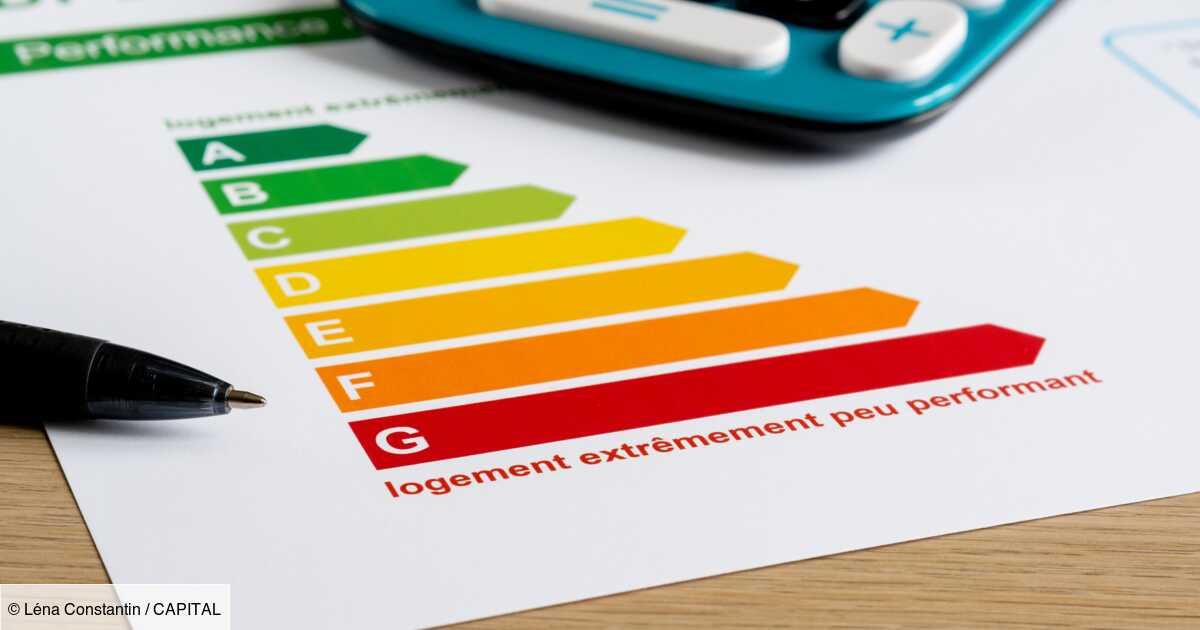
Salmonella is often found in eggs, oysters and exceptionally in chocolates as during the Kinder scandal of 2022.
Not a year goes by without us talking about salmonella, these bacteria which can develop in certain foods, such as eggs, oysters or even chocolate. These bacteria were at the origin of the mass withdrawal of Kinder a few days before Easter 2022. Companies are obliged to declare their recall notices on RappelConso. Salmonellosis is contagious.
Definition: what are salmonella and salmonellosis?
Salmonella (or Salmonella) is a bacteria that causes salmonellosis and typhoid and paratyphoid fever. Salmonella accumulates in the digestive system. They can cause symptoms of gastroenteritis and sometimes progress to a septicemic or localized form, which may require hospitalization. Most cases of salmonellosis are mild, but sometimes the disease can be life-threatening. Babies, young children, pregnant women, elderly people, people with health problems and/or immunocompromised people are at greater risk of complications.
What are the types of salmonella?
Salmonella belongs to the Enterobacteriaceae family. Bacteria of the Salmonella genus are divided into two main types:
- So-called “typhoid” salmonella (S.Typhi And S. Paratyphi), which are the cause of typhoid fever in humans. Infection by these salmonellas is exceptional in developed countries.
- Salmonella, called “non-typhoid” (notably S. Typhimurium), which cause salmonellosis, one of the main gastroenteric syndromes of bacterial origin in industrialized countries.
Salmonella Enteritidis and Salmonella Typhimurium predominate in the food sector. Salmonella Typhimurium is the one found in Kinder chocolates, responsible for a salmonellosis epidemic in Europe in April 2022.
Humans generally contract salmonellosis by consuming contaminated foods of animal origin (mainly eggs, meat, poultry and milk), but also raw vegetables or contaminated vegetables (cucumbers, salads, etc.) or untreated water. Salmonella can be found in products with low water activity (milk powders including infant formula, dried fruits, chocolate, cereals, spices, etc.). Cases also occur in humans during contact with infected animals, particularly pets. Often these animals show no signs of illness.
► To limit person-to-person transmission (especially in households with young children), it is recommended to wash your hands thoroughly with soap and water after using the toilet, after changing your child, and before cooking.
What is the incubation period for salmonellosis?
The incubation time is 6 to 72 hours (usually 12 to 36 hours) after ingesting salmonella, and the condition lasts 2 to 7 days.
What are the symptoms of salmonellosis?
- a sudden onset of fever,
- abdominal pain,
- diarrhea,
- nausea and sometimes vomiting.
Symptoms are generally mild and patients recover without special treatment. In certain cases, however, particularly in very young children and the elderly, the associated dehydration can become serious and life-threatening.
How to diagnose salmonellosis?
To make the diagnosis, the indication of a recent trip to tropical countries or those of North Africa can be suggestive. We advise you to preferably consult the attending physician, an emergency or infectious disease department.
- A blood test with a study of markers of infection will almost always find an increase in C-reactive protein (CRP) in isolation. A blood culture, or blood culture, makes it possible to find the germ in question.
- Stool culture is the most effective method for diagnosing salmonellosis corresponding to the “gastroenteritis” type.
- A serology still carried out on a blood sample is also an argument, particularly in the context of suspected salmonellosis corresponding to the typhoid or paratyphoid type.
The following serology results indicate recent or old infection:
- Type O antibodies: they appear around the 8th day of the disease and disappear in 2 to 3 months. If the titer is >100, they indicate a recent infection.
- Type H antibodies: they appear around the 10-12th day and persist for several years. Their rate is higher than that of type O antibodies during the state period.
The presence of type O antibodies without type H antibodies indicates a recent infection. A high level of O and H antibodies shows an ongoing infection. An isolated elevation of type H antibodies means very old salmonellosis.
The treatment of salmonellosis is based on taking antibiotics. They are not recommended for mild or moderate forms in otherwise healthy subjects. Only infants, the elderly, pregnant women and immunocompromised patients may need it. In all cases, salmonellosis requires medical advice. A fortiori, typhoid and paratyphoid fevers require rapid medical attention.
In the most serious cases, an electrolyte supplement (to replace, for example, sodium, potassium and chloride ions, lost following vomiting and diarrhea) and intravenous rehydration are prescribed during hospitalization. At the same time, the patient must be isolated to avoid transmission and relatives must be screened and treated if necessary. Blood culture monitoring is necessary at the end of treatment to ensure recovery. In addition, reporting the disease to the Regional Health Agency is mandatory.
Consumption of vegetable activated charcoal, blond psyllium, or probiotics can also be used in cases of diarrhea, as can homeopathy: Arsenicum album 15 CH, Phosphorus 15 CH and Veratrum album 7 CH. To help restore intestinal transit, it is advisable to avoid consuming milk, green vegetables and fruits, but to favor rice, ham, meat, fish, bananas, apples, quince, or blueberries and drink water and rehydration solutions.
Do not wash eggs before storing them.
To avoid being contaminated by salmonella, untreated water and questionable foods should not be consumed, particularly in risk areas. The Health Monitoring Institute verifies, in France, the good conditions for preparing and storing food. To avoid contamination, it is advisable to:
- Cook foods thoroughly (70°C), particularly pork and poultry, as well as ground meats.
- Avoid raw milk and products made from raw milk. Drink only pasteurized or boiled milk.
- Avoid ice unless it has been prepared from safe water.
- When the health safety of drinking water is questionable, it must be boiled or, if this operation is impossible, disinfect it with a reliable slow-release disinfectant agent (usually available in pharmacies).
- Wash your hands thoroughly and frequently with soap, especially after contact with livestock or pets or after using the toilet.
- Wash your hands after handling raw eggs, raw meats, unwashed vegetables.
- Wash fruits and vegetables carefully, especially if they are to be eaten raw. Where possible, fruits and vegetables should be peeled.
- Maintenance (scraping, washing with hot water and detergent) of work surfaces and utensils must be rigorous and carried out immediately after each use.
- Clean the refrigerator regularly.
- Contact between infants/young children and pets (cats, dogs, turtles, etc.) requires careful supervision. In addition, a preventative vaccine exists, which protects against some of these germs for three years. It is recommended for travel in certain areas of the world.
Eggs are particularly at risk in cases of salmonellosis. Health authorities recommend:
- Always keep the eggs at the same temperature to avoid the phenomenon of water condensation on their surface.
- Do not wash eggs before storing them: washing allows micro-organisms to penetrate.
- No-cook egg-based preparations (mayonnaise, creams, chocolate mousse, pastries, etc.) should be consumed immediately after preparation or kept cold to be consumed within 24 hours.
- It is recommended that the elderly, immunocompromised people, young children and pregnant women not consume raw or undercooked eggs.
- It is also recommended that the elderly, immunocompromised people, young children and pregnant women avoid contact with pet reptiles.
Thanks to Dr Claire Lewandowski for her medical validation.
Sources:
Additional information related to the withdrawal-recall of Kinder brand products due to Salmonella Typhimurium contamination. Public Health France. April 7, 2022.
Epidemic of multi-resistant salmonellosis. DGS Urgent, April 6, 2022.
Salmonella. Handles. June 2021.







